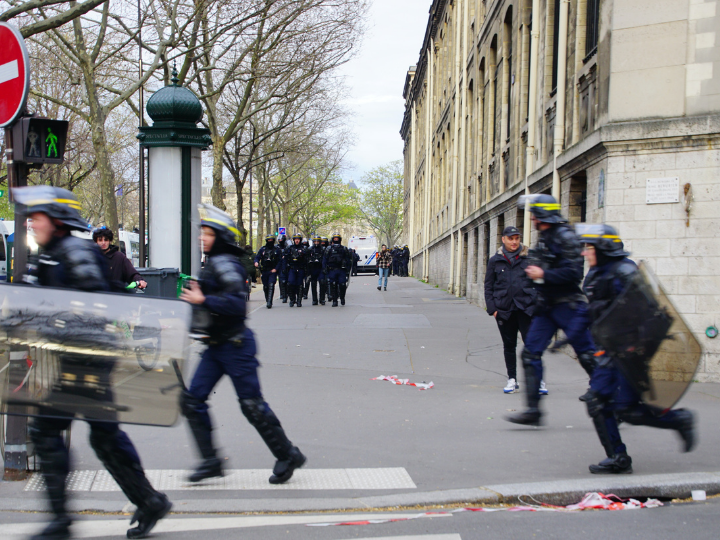by
Martin Banks
That is the view of Nicholas Tymoshchuk, head of the Ukrainian Industrialists and Entrepreneurs (ULIE) Representative Office in Brussels. Speaking exclusively to EBR, he called on Brussels to renegotiate the quotas imposed in January as part of the Deep and Comprehensive Free Trade Agreement (DCFTA) with Ukraine.
He said, "These quotas are limiting the ability of Ukrainian producers to reach their potential.” His comments come ahead of a major agri-business summit between the EU and Ukraine in Brussels on Wednesday and the visit of Ukraine president Petro Poroshenko to the Commission next Monday.
In 2015 Ukraine was granted free access to the European Union’s internal market due to the EU’s unilateral elimination of both tariff and non-tariff barriers. Some 98.1 per cent of EU’s tariff duties were cancelled under the provisions of the DCFTA. In practice this means that Ukrainian producers can now sell their products to EU customers without paying custom tariffs on most goods.
The EU remains Ukraine’s biggest export market and Ukraine is the largest exporter of wheat to the EU. But, according to recent data published by Eurostat, Ukrainian exports to the EU have fallen by seven per cent after the signing of the DCFTA. Such a result might seem unsurprising since Ukraine in 2014 de facto lost a big share of its industrial potential concentrated in the Donbass region. However, figures show that it is not the only reason, since Ukrainian exports to the EU have been steadily shrinking for the past five years.
Under the DCFTA’s provisions, trade in agricultural products was the subject of the so called “tariff rate quotas” (TRQ) on 36 agricultural product categories. This means that Ukrainian producers can export their goods duty free only to a limited extent; after reaching the quota they will have to pay custom duties.
Tymoschuk says such a provision sets a "significant limitation" on Ukrainian agricultural exporters. He told this EBR, "Ukraine has faced a perfect storm as a result of the conflict in Donbass and the political climate. Since 2014, our exports have been falling, partly because we lost one of our biggest trading partners (Russia) although this decrease has been slowest in exports to Europe.” “The general trend in falling exports has continued since the DCFTA was reinstated in January this year.”
He said that as only 6.5per cent of agricultural exports from Ukraine are food products; the bulk of the agribusiness exports are commodities. “The key task for Ukraine is to turn this agricultural potential into high added value food production. Only that way will the country realise its potential of becoming an agricultural superpower.” Ukrainian entrepreneurs have also proposed representatives of European institutions in Brussels how to improve the policy of trade and economic relations with Ukraine. These proposals can be incorporated in the agenda to the EU trade strategy, which was published by the European Commission in late 2015.
Brussels recently hosted the European Business Summit, which was co-organized for the first time by the ULIE. "Our delegation included about 50 respected businessmen, politicians and opinion leaders. Its task was to bring Ukraine’s potential to investors’ attention as much as possible and to significantly facilitate Ukrainian producers’ export opportunities," Mr Tymoshchuk went on to say.




 By: N. Peter Kramer
By: N. Peter Kramer
